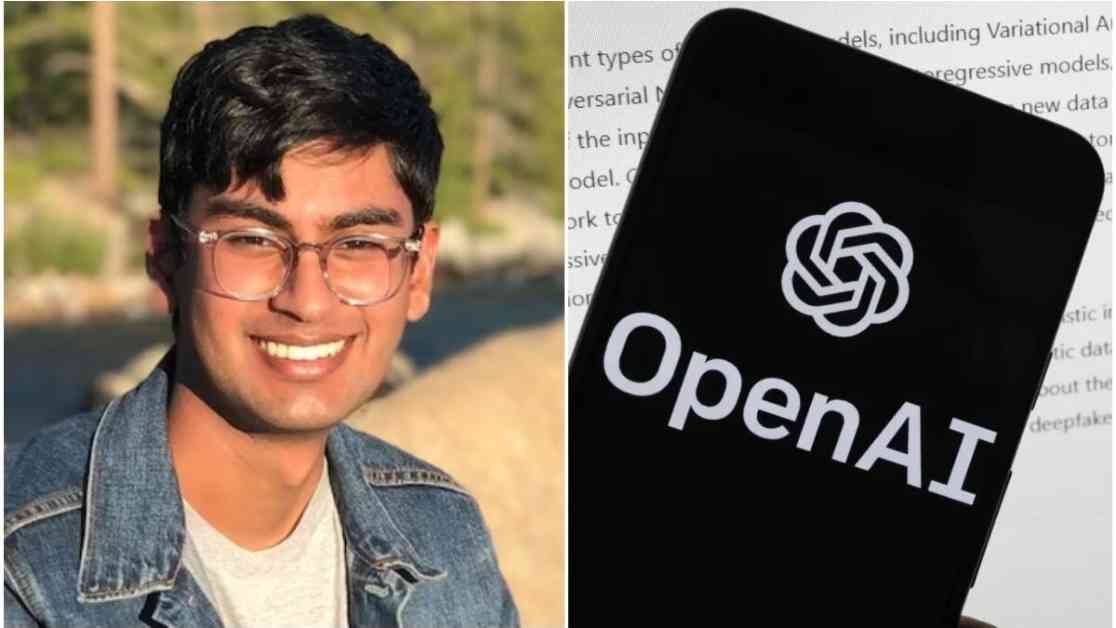The news of Suchir Balaji’s death, a former OpenAI employee, has stirred controversy as authorities confirm suicide, while his family raises concerns about what they consider “inaccurate information.” Balaji, a 26-year-old software developer, was found deceased in his San Francisco apartment on November 26, 2024, with a fatal gunshot wound to the head. Although the San Francisco police have closed the case, labeling it as suicide, Balaji’s parents, Poornima Ramarao and Balaji Ramamurthy, are adamant that there is more to the story, suspecting foul play possibly tied to his whistleblowing activities against OpenAI.
Family Disputes Suicide Ruling
Following Balaji’s abrupt departure from OpenAI in August 2023, citing the company’s shift towards profit-driven motives, he later published an article accusing the organization of copyright infringements. His untimely death occurred just a month after this exposé, prompting his family to question the official investigation. Despite the police and medical examiners’ joint report affirming suicide based on evidence like gunshot residue, computer searches, and toxicology results, Balaji’s parents remain unconvinced. They have hired private investigators and filed a lawsuit against the San Francisco police to access the full case report, citing discrepancies in the autopsy and police reports, as well as the absence of crucial CCTV footage from the apartment building.
In a social media post, Poornima Ramarao criticized the handling of the case, calling for transparency and a thorough investigation. The lack of a suicide note, alleged inconsistencies in blood spatter patterns, and missing security footage have fueled their skepticism. The family’s persistence in seeking the truth has garnered support online, with influential figures like Elon Musk expressing doubts about the suicide ruling. Balaji’s mother’s appearance on the Tucker Carlson Show further spotlighted the discrepancies in the official investigation, raising questions about the integrity of the process.
Seeking Closure and Justice
As the case gains traction in the media and public discourse, the Balaji family continues their quest for justice and accountability. Despite the official closure of the case, they are unwavering in their pursuit of the truth behind Suchir Balaji’s tragic demise. The release of the joint report by the police and medical examiners has not assuaged their doubts, prompting them to scrutinize every detail and push for further investigation if necessary. The unresolved nature of Balaji’s death underscores the complexities surrounding mental health, workplace dynamics, and the pursuit of justice in the digital age.
In the wake of Suchir Balaji’s passing, his family’s unwavering determination to unravel the circumstances surrounding his death serves as a poignant reminder of the human toll of corporate conflicts and personal struggles. The intersection of technology, ethics, and accountability in the workplace is brought into sharp focus through their relentless pursuit of truth and closure. As the narrative of Suchir Balaji’s life and untimely death unfolds, it compels us to reflect on the broader implications of mental health support, whistleblower protection, and the pursuit of justice in an increasingly interconnected world. The Balaji family’s resilience in the face of adversity embodies a universal quest for transparency, truth, and healing in the aftermath of loss.























